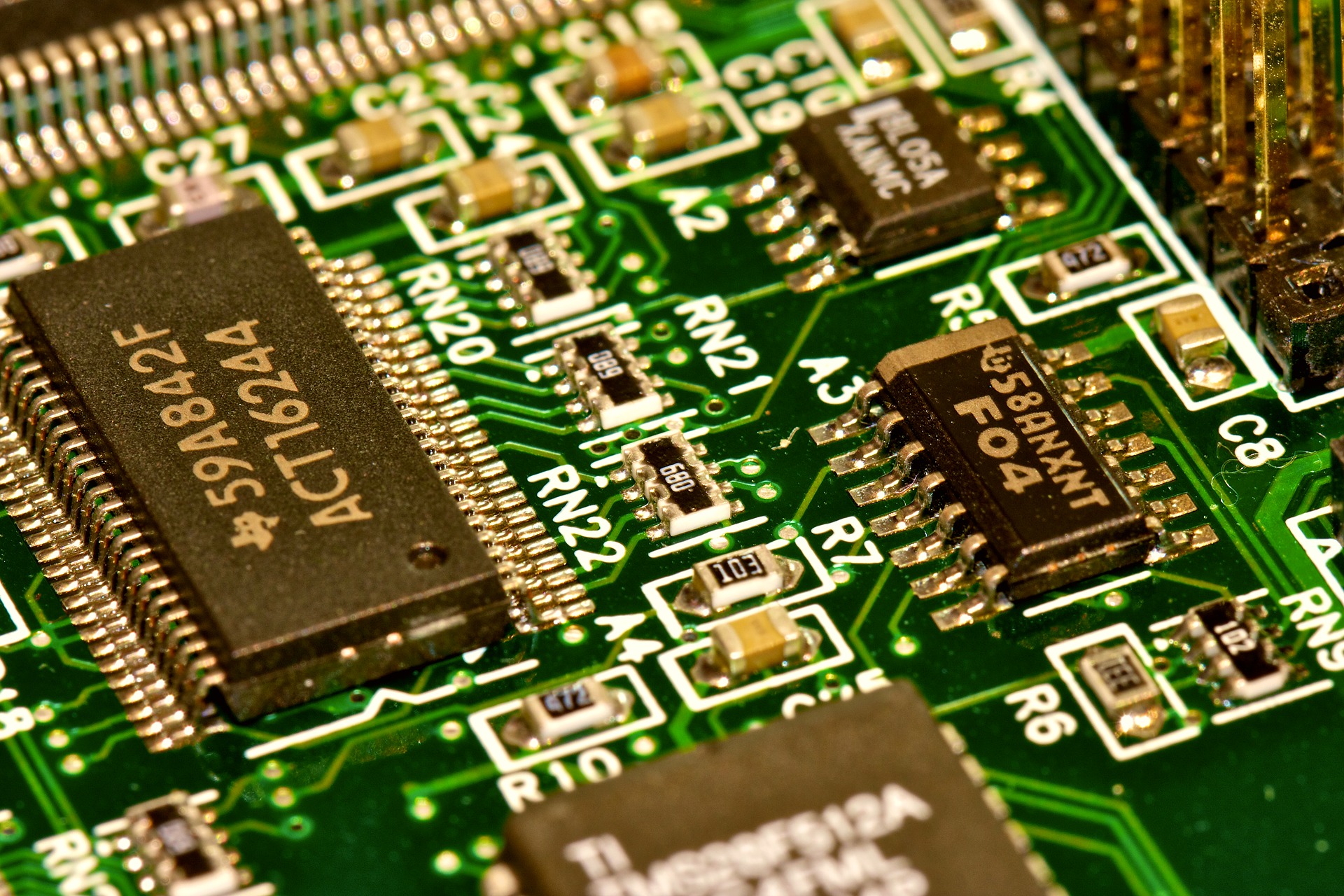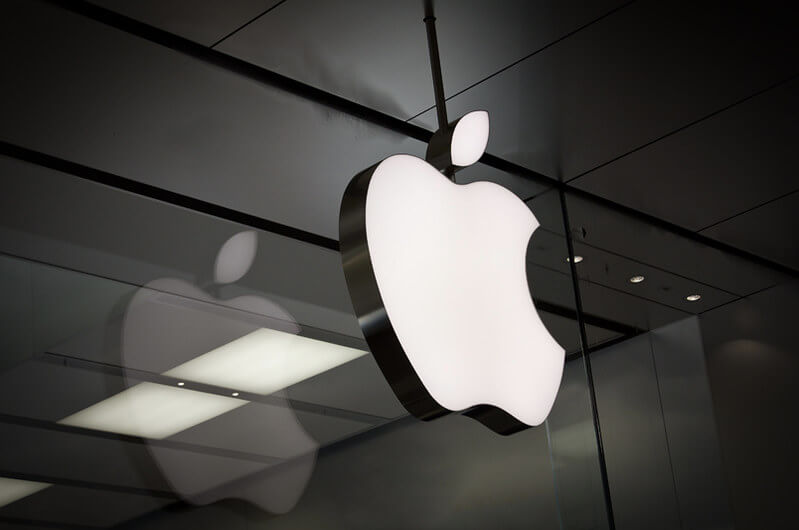Pakistan would establish 40 computer chips and design laboratories
Pakistan is now preparing its first quantum lab at the Usman Institute of Engineering and Technology University, where the country’s first open software microprocessor was developed.
The microprocessor was developed with the help of Google and the university’s Micro Electronics research laboratory (MERL).
The chip manufacturing business in Pakistan would be worth $1.3 billion by 2030, according to Pakistani President Arif Alvi. “Over 80 million learners will be required for the IT sector to become a billion-dollar industry in the next several years,” he predicted.
At the inauguration event on Saturday, the president of IT University praised students and teachers for their work in developing the open-source microprocessor. According to him, the university is filling a big void in Pakistan’s IT sector.
Knowledge must become open source, according to Avi, so that everybody can profit from it. Naveed Sherwani, Chairman of the Silicon Federation, promised the audience that Pakistan would be established to 40 chips and design laboratories.
His goal was for students to stay in the country rather than travel overseas, and the state’s obligation was to provide good job possibilities.
According to him, Pakistan’s IT industry is one of the country’s bright spots, with UIT University playing a key role. According to him, the University set up chip fabrication in a small room and has since achieved great success.
Dr Shoaib Zaidi, the university’s acting vice-chancellor, noted in his speech that the university had helped Pakistan become an independently chip-manufacturing nation.
He described how the university’s two students were picked from among 4,000 students for the Links Foundation’s 2020 programme. He stated in a statement that his university would expand chip production across the nation.
Pakistan has spent 70 years developing the chip, according to Sherwani, and he wants to train 1000 students on how to make it.
Dr Zaidi’s welcome address to the president, says the IBA promotes inclusion and diversity, and its students are chosen based on their qualities. According to him, 25% of IBA students obtained financial aid of some sort.
He also told the audience about IBA’s transformation from a business school to a university with 5,000 students and 150 faculty members.
In support of the IBA and the event, he elaborated on the importance of communication in today’s environment. He believes that we should always be sympathetic to the experiences of others. He claims that communication reveals one’s mentality.
His recent comments on current political events show that Pakistan is committed to engaging in conversation and working for a peaceful resolution of the Ukraine issue.
Alvi pushed the audience, particularly the younger members, to consider the importance of foreign organisations and how they could be improved by applying historical lessons.




